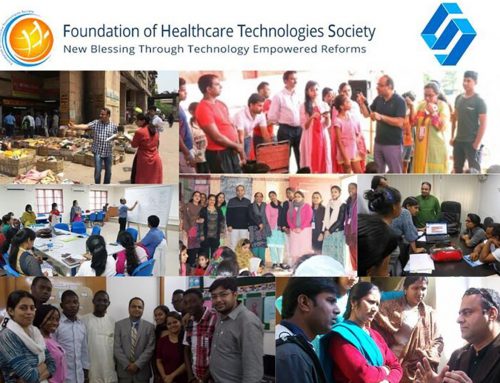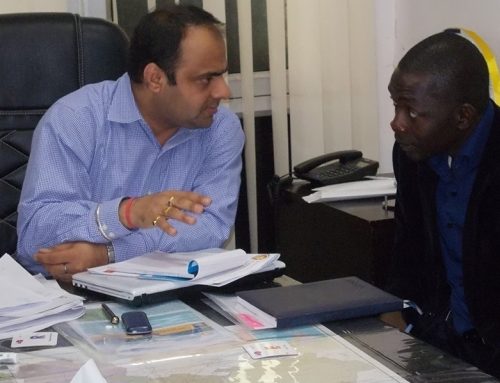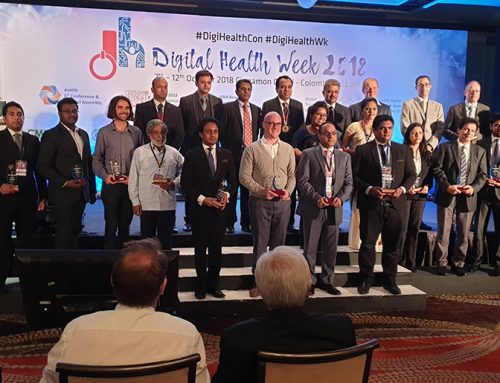Experiential learning means Learning by Doing and reflecting upon what is being done. It includes experience as the source material and reflection as a facilitator of learning. When carefully chosen experiences are reflected, critically analyzed and synthesized, it results in Effective Experiential Learning.
With the emerging importance of experiential learning in today’s education, integration of the framework by Kolb’s Experiential learning theory and considering its inclusion for deep learning experiences is now being observed. It helps students to get workplace based professional skills.
SMAART Lab built an intervention a decade back to address this gap which still exists in the education system. However, the National Education Policy (2020) has recommended effective integration and inclusion of experiential learning opportunities for students at all levels.

A solution to address this gap was conceptualized by SMAART Lab in 2013 which was named INSPIRE – Interactive Novel Support Program for Innovation, Research and Entrepreneurship aims to address population health challenges of the 21st century by enhancing academic and non-academic skills of students using an Innovative and participatory experiential learning experience. The program provided unique opportunities to students to get hands-on experience of Public Health ongoing research projects. Activities and assignments were carved out for each student depending on their psychosocial and educational background providing tailored structured projects to work upon. The program sustained effectively, efficiently providing learning experience to students from different sectors interested in getting field research exposure strengthening their technical and soft skills. It recruited 90+ students till March 2020 from different countries, national and international institutes, education, religion, gender, race and ethnicity. It was mandatory for each student to produce one solution for the health and well being of the community while participating in different projects of the implementation organization of SMAART Lab i.e. Foundation of Healthcare Technologies Society in Delhi.
Students joined the program at different points of time of their education and career, the aim of SMAART approach was to give them sustained, affordable and accessible solutions tailored to their needs. Mentorship has always been the backbone of this program so that students get to make best choices for themselves with the guidance provided. With limited mentors and more fresh hires among the team, the brain behind this approach, Dr. Joshi was mentoring each and every student himself from his lived experiences so that the aim and goal of this program for benefiting students can be achieved.
COVID-19 shook the entire world and the education sector was badly hit as institutions were not prepared to deliver the learning in online mode. Education system was struggling hard to change their teaching and delivery prodigy. SMAART Lab was one of the few in the world to offer online internship opportunities to the best of our knowledge. This proved to be a real solution to the real problem which was prevailing with students stuck in their learning and career journey with lockdown measures and institutions not prepared to offer internships online when the college administration’s focus was to rapidly make a smooth transition from offline to online for course delivery. It was obvious that internships were neglected. INSPIRE was made v-INSPIRE with adding the virtual component to it, but the experiential learning remained the backbone. By that time, few other internship opportunities started to float in the field but with switching of SMAART Lab operations to online modality, it was possible to give hands-on experience of live projects to students with focus on experiential learning. Once again the SMAART framework held the roots of the solution which was produced 7 years ago as it could sustain in times of such global threat. It was accessible because technology was the medium of its delivery and was affordable for all. The applications of students from different educational backgrounds were pooling in, making it multisector and last but not the least it was tailored depending on course needs and the curriculum of different institutes. In due course of time, the need to offer dissertation opportunities arose. The program included a component of dissertation mentorship for Masters students who were clueless of deciding their thesis work. Students were recruited for it and were given access to secondary data from the pool of existing data of FHTS. They were provided help in choosing the research topic, finalizing the research question and writing the thesis with one on one mentorship. The program offerings were not limited to just internships and dissertation but also expanded its horizon to providing teaching assistantship , fellowship to create a pathway of learning.
The solution could thrive effectively and efficiently even during the COVID-19 times as it is based on the ideology of the SMAART framework. It provided not only learning opportunities to students but also contributed to their health and well being when social isolation had impacted each one of us.
This solution is still helping students to get hands-on experience in both online and in person mode. Till date, the program has received 3000+ applications with 650+ students enrolling to it from 170+ unique institutes and 13 different countries.
SMAART Framework produced a solution 10 years back for the gap which was existing in the curriculum of student learning and adapted itself to the pandemic times strongly as it was using the approach which has always aimed to provide right mentorship at the right time irrespective of any constraint
We extend our heartfelt gratitude to Dr. Joshi for his ideology named SMAART which is bringing real solutions to real problems with an intent to contribute to this society at different levels and in different forms.




Leave A Comment